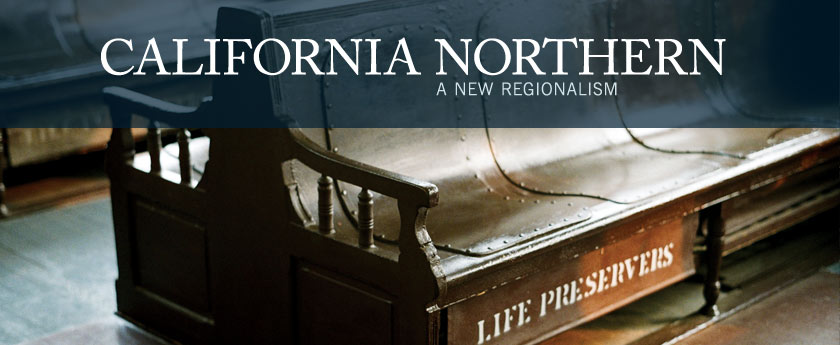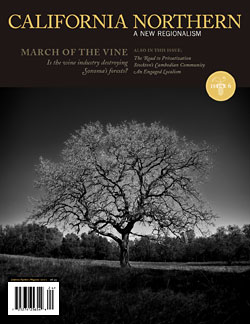State of Collapse
By Robert Cruickshank
During the summer and fall of 2010, California saw cities close police departments, schools continue to lay off teachers, and the legislature fail again to agree on a budget, all amid record unemployment and an intractable recession. Jerry Brown and Meg Whitman, the two candidates for governor, worked hard to convince Californians that each was the right person with the right policies to fix California’s problems, yet neither ever stated the obvious—that our state government is structurally broken. The state has not only failed to pass its budgets on time, but, increasingly, it’s also unable to provide the basic services a twenty-first-century population requires, like quality education and affordable health care. Neither Brown nor Whitman addressed the fact that, like their predecessors, both would fail to address those problems without instituting a fundamental change in the way California is governed.
California’s political crisis isn’t created by the specific politicians holding office, but by a system of government dangerously out of step with contemporary California. This point is made powerfully by two new books that survey the crisis—Remaking California: Reclaiming the Public Good, a collection of essays edited by R. Jeffrey Lustig, and California Crackup: How Reform Broke the Golden State and How We Can Fix It, written by Joe Mathews and Mark Paul. Both books explain why the state’s problems are systemic, and how the current system can be fixed to allow Californians to address the economic, environmental, and social problems that challenge them.
Lustig constructs Remaking California around his belief that the state government fails to provide for the res publica, or “public good.” He argues that our government is structured to prevent change, citing as one example the state law requiring a two-thirds vote of the legislature to approve a budget or a tax increase. Moreover, he states California government is increasingly susceptible to the influence of wealth, creating a two-tier society where political power is accessible only to those who can afford it. Corporate money, Lustig writes, plays a central role in funding ballot initiatives while term limits, which force legislators to rely on others for institutional memory, enable paid lobbyists to unduly influence legislative decision-making. Additionally, contributor Lenny Goldberg offers a persuasive argument attributing governmental failure to the state’s tax system, as successive waves of tax cuts—also the result of wealth’s dominant role in the state’s political process—have left California without the revenue needed to provide many public services.
This is an excerpt of “State of Collapse”

